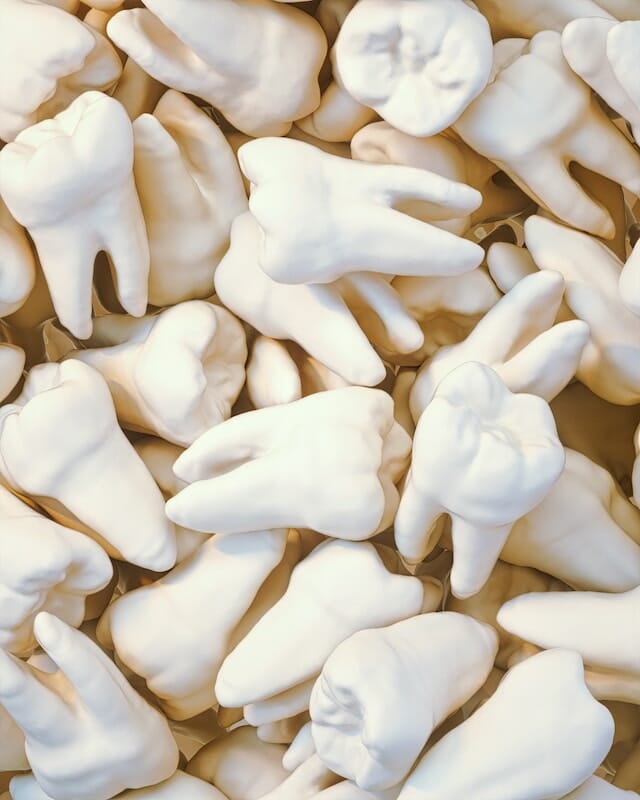Wisdom teeth, also known as third molars, are the last set of teeth to erupt in the mouth, usually during the late teens to early twenties. While some people have enough room to accommodate their wisdom teeth, many others experience issues due to lack of space, improper alignment, or other complications. In such cases, wisdom teeth removal Las Vegas NV may be recommended by your dentist.
When Wisdom Teeth Removal May Be Necessary
There are several reasons why your dentist may recommend wisdom teeth removal:
- Impaction – Wisdom teeth become impacted when they are obstructed from fully erupting into the mouth. This can cause pain, swelling, infection, and damage to nearby teeth and bone.
- Crowding – If there is not enough room in your mouth, wisdom teeth may grow in at an odd angle or push against other teeth. This can affect your bite alignment.
- Cysts or tumors – Cysts or tumors may form around impacted wisdom teeth, requiring removal.
- Decay – Partially erupted wisdom teeth are hard to clean and prone to decay.
- Gum disease – Wisdom teeth can lead to gum inflammation and periodontal disease.
- Orthodontics – Wisdom teeth removal may be recommended before or after braces to prevent complications.
The Wisdom Teeth Removal Procedure
Wisdom teeth removal is performed as an outpatient procedure, either in the dental office or oral surgeon’s office. You will be given local anesthesia to numb the area, and you may opt for sedation such as laughing gas or IV sedation to help you relax.
The oral surgeon will make an incision in the gum tissue over the tooth and remove any bone blocking the tooth’s eruption. The tooth is then gently extracted, and the socket is cleaned before being stitched closed. Following surgery, gauze is placed on the extraction site to control bleeding. Stitches usually dissolve on their own within a week.
Recovery After Wisdom Teeth Removal
Recovery time following wisdom teeth removal varies per individual. Most people can resume normal activity within 2-3 days. Swelling and discomfort generally peak on days 2-3 before gradually subsiding. Your dentist will advise you on pain management, which usually involves over-the-counter medication.
It’s important to follow post-op care instructions such as:
- Resting with your head elevated
- Applying ice packs to reduce swelling
- Eating soft foods and avoiding hard, crunchy foods
- Avoiding strenuous activity for at least 1 week
- Practicing proper oral hygiene to keep the area clean
The Benefits of Wisdom Teeth Removal
While wisdom teeth removal is a common procedure, it’s still surgery and should not be taken lightly. However, there are many benefits if your dentist recommends removal:
- Alleviate pain, swelling and infection caused by impacted wisdom teeth
- Prevent damage to nearby teeth, bone and other oral tissues
- Improve bite alignment and orthodontic outcomes
- Reduce risk of cysts, tumors, decay, and gum disease
- Eliminate need for more complex surgery if problems worsen
Overall, wisdom teeth removal can prevent many future oral health issues and improve comfort. Work with your dentist to determine the right treatment timeline for your situation.
Conclusion
In summary, wisdom teeth removal is a common procedure that can prevent many future problems if your dentist determines it is necessary. While recovery can take several days, most people find the benefits outweigh the temporary discomfort. Work closely with your dentist to decide if and when wisdom teeth removal is right for you based on your individual oral health.
Proactively removing problematic wisdom teeth can alleviate pain, improve your bite, and reduce your risk of infection and other issues. Follow your dentist’s recommendations for preparing for surgery and caring for your extraction sites afterwards to ensure optimal healing. With proper oral hygiene and post-op care, you can get back to your normal routine quickly after wisdom teeth removal.



